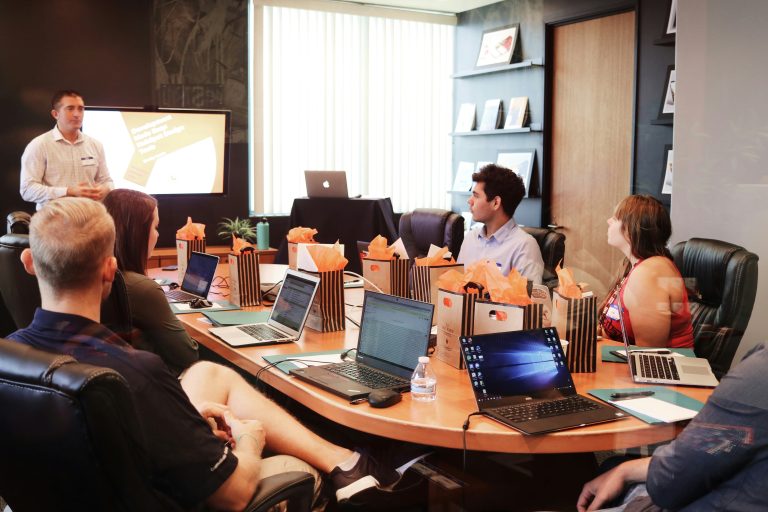With all the questions and conversations swirling around the way employers and employees work together, there is a critical element that’s been missing. For years, companies have been focused on the traditional Employer Value Proposition rather than the more impactful RVP, or Relationship Value Proposition. In doing so, it’s come at the expense of building a culture that fosters all talent growth and attracts new people. Companies embracing the RVP stand to gain a significant advantage in the competition for talent by more effectively addressing and fostering the evolving relationship with their people.
So, what is an RVP and how does it differ from the standard EVP?
An RVP is reciprocal and multidimensional, constantly evolving and adapting to how different people desire different things in the workplace. What attracts and retains one person most likely differs from what encourages and engages another. Focusing on the relationship aspect of the RVP offers also a real solution to the lack of diversity at work. Relationships are dynamic, concentrate on common beliefs and individual traits; they see people, embrace differences and nurture flexibility within win-win ecosystems.
Within an EVP, the Value Proposition is owned by the employer who disseminates it to its employees. An EVP summarizes the answer to the question: “What is in it for me, if I do this for you?” It is a binary system where the employer and the employee try to gain an advantage. Companies see how much or little they can offer potential employees in exchange for their talent, skills and experience. It’s a flawed and outdated model that is ineffective, and frankly bad for business in today’s environment.
No employee is more “permanent” than the other.
Organizations may deem permanent employees more important because an employer feels they retain them long-term and invest in them. But the word “permanent” is where the bias and blind spot lies. Permanent employees are not permanently with any organization or company. No one needs to stay at one company or job forever. In a way, they can be considered long-term contractors. And rising attrition is our biggest evidence.
With the rise of the gig economy and remote work, it is imperative for companies to understand their “cloud” of talent extends well beyond the traditional, full-time employee base. It includes short-term and long-term contractors, freelancers, vendors and even customers.
How do you build an organization centered on the Relationship Value Proposition?
To build an RVP, organizations need to develop an understanding of how behind-the-scenes processes, people and systems interact with one another. If constant communication and connection are present, the result is pure value for a business, which becomes more resilient, more innovative, more diverse and more impactful. Overall, this creates a business that is more human, which grows together, cultivates a healthy talent culture and fosters positive relationships.
Below are five keys for an RVP to effectively take root inside an organization:
- An agile but flexible talent plan that includes all talent and evergreen jobs is in place.
- All talent is represented and supported no matter the type of tenure or interaction with the company.
- Enhanced and adaptable relationships between the company and each talent segment evolve, including:
- ways of working (i.e., permanent full-time, permanent part-time, remote, in the office, contractors, freelancers, sow, etc.)
- job families (e.g., tech, finance, data science, etc.)
- diverse groups, perspectives and personalities
- locations and culture
- An equitable people experience is designed and measured around ingenuity and progress, where people are the creators of their own experiences as long as it benefits others.
- Rewards are built around win-win scenarios where collaboration, equitability and innovation are celebrated: how you achieve a goal is as important as the goal itself.
Your talent = Your customers
Talent is as critical as your customers. This is why building a healthy, symbiotic relationship with all employees is vital. There is little distinction between the people who buy and the people who “craft” what you’re selling. Both are in fact customers that can easily head for the exits.
As employers evolve to different employee needs and demands, there is an even greater need for the Employee Value Proposition to evolve into a Relationship Value Proposition because a company’s survival may just depend on it.









